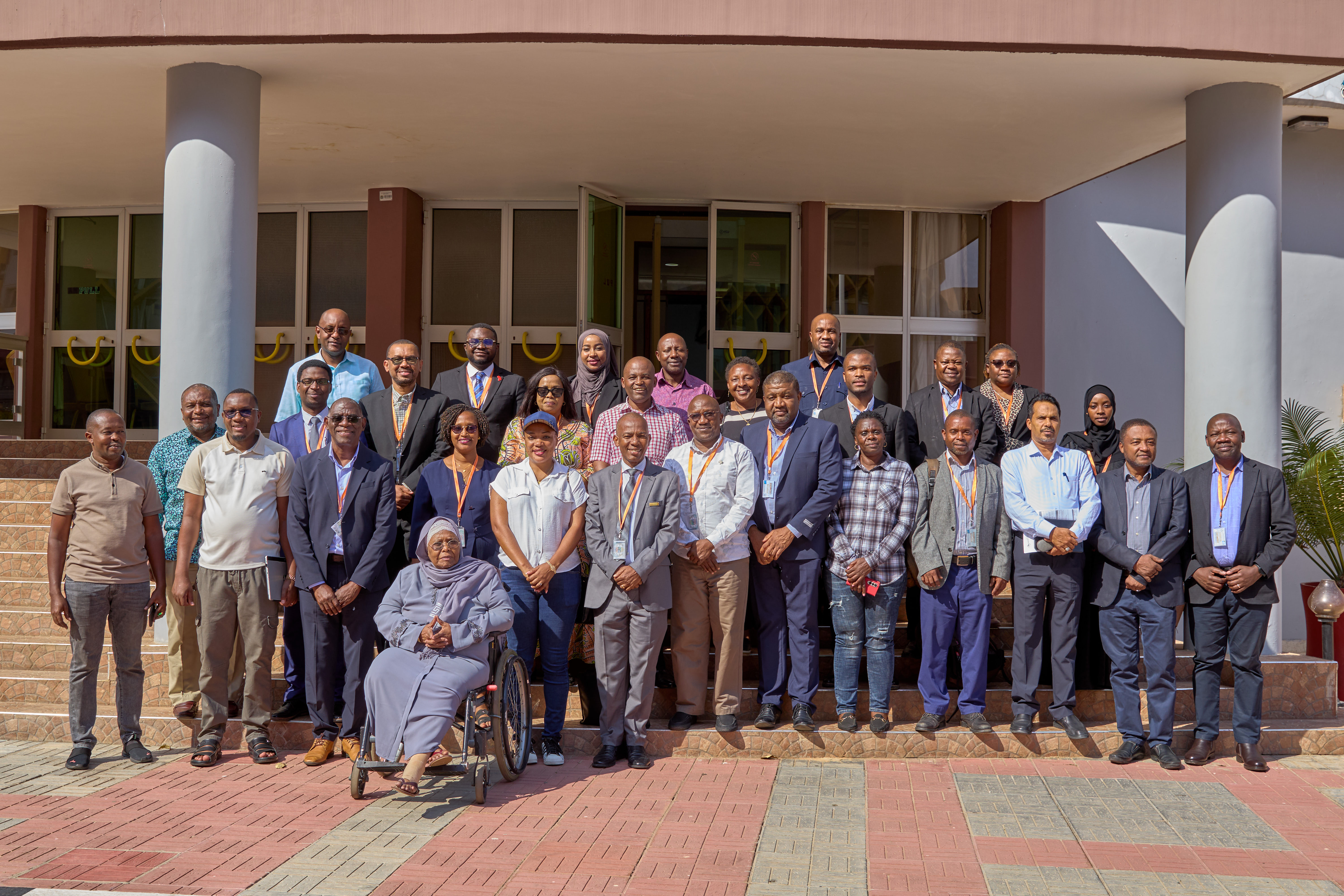
WORKSHOP: Parliamentarians discuss malaria vaccines rollout

On October 26, 2024 in Dodoma, 1Day Sooner and Ifakara Health Institute convened a capacity-building workshop with Tanzanian parliamentarians to discuss malaria vaccines.
Facilitated by Shekha Mohamed and Abdulrahman Banisheyba, the workshop focused on vaccine science, with a special emphasis on the malaria vaccines RTS,S and R21, particularly the latter.
The discussions highlighted the critical role of local institutions in vaccine development and explored strategic steps to integrate the malaria vaccine into Tanzania’s malaria control programs. Parliamentarians were encouraged to advocate for the vaccine rollout by raising awareness within their communities.
Opening Remarks from the Ministry of Health
Catherine Joachim, Head of Programs at the Ministry of Health (MoH), underscored the importance of the event, stating, “Malaria elimination is not only a scientific achievement but a life-saving mission for countless children.” She urged parliamentarians to become champions for malaria awareness, noting that with their support, Tanzania could achieve malaria elimination by 2030.
Keynote Address from WHO Afro-Region Director-Elect
Dr. Faustine Ndugulile, WHO Afro-Region Director-Elect, delivered the keynote address, emphasizing that while progress has been made, malaria remains a major challenge in Africa. He highlighted the ongoing struggle with mosquito resistance and the need for advanced tools, saying, “With institutions like Ifakara and the National Institute for Medical Research, Tanzania is at the forefront of malaria research, but sustained efforts are needed to eliminate malaria by 2030.”
This sentiment was echoed by Riziki Lulida, Chair of the Tanzania Parliamentarians Against Malaria (TAPAMA), who stressed the importance of stakeholder collaboration in making Tanzania malaria-free.
A Message from 1Day Sooner
Dr. Zacharia Kafuko, Director of 1Day Sooner, shared insights into their work, stressing the significance of Tanzania’s autonomy in public health decisions. He encouraged parliamentarians to ask critical questions, adding, “National sovereignty is vital in public health, and Tanzanians should be central to these decisions.”
Status of Malaria in Zanzibar and Mainland Tanzania
Dr. Maulid Kassim from the Zanzibar Malaria Elimination Program (ZAMEP) and Dr. Shija Shija from the National Malaria Control Program (NMCP) provided an overview of malaria status and control efforts in Zanzibar and on the mainland, respectively. They noted key challenges, including climate change, poverty, and mosquito resistance.
RTS,S and R21 Vaccines: 30 Years in the Making
Dr. Ally Olotu reminded participants of the economic burden of malaria, the importance of malaria vaccines, and their long history. He shared that initial research on malaria vaccines began in Europe over 30 years ago, with Ifakara participating in studies since 2005—first with RTS,S and, more recently, with R21.
Panel Discussion on Integrating Malaria Vaccines into National Strategies
Drs. Ndugulile, Olotu, Slim, Joachim, Kafuko, and Riziki joined a panel discussion on incorporating malaria vaccines into national strategies. Following the panel, participants engaged in group discussions on collaborative approaches, presenting their ideas and suggestions.
Closing Remarks
Dr. Honorati Masanja, Executive Director of Ifakara, closed the workshop, emphasizing the need for continued collaboration and commitment to achieving a malaria-free Tanzania by 2030.
